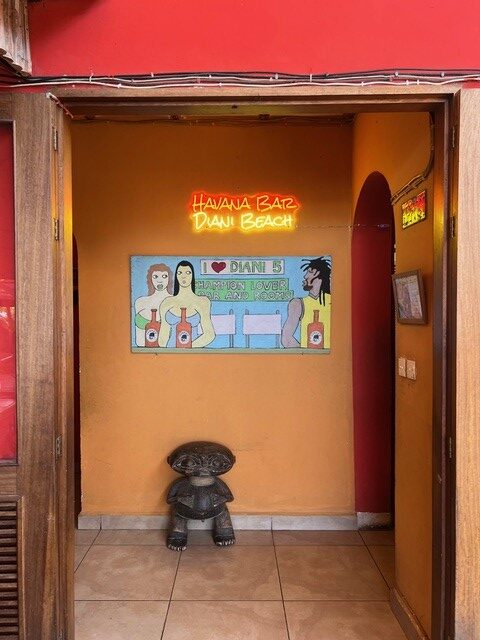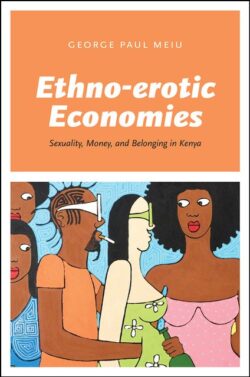Ethno-erotic Economies: Sexuality, Money, and Belonging, in Comparative Perspective

Event: Research Group
Location: NEC conference hall
13 June 2024, 17.00-19.00 (Bucharest time)
George Paul MEIU, Professor of Anthropology and Chair of the Institute of Social Anthropology, University of Basel
Join Zoom Meeting
https://us02web.zoom.us/j/81373605496?pwd=qnb1yg0WJoqZIw7WTrSLOFTZ4SGRGy.1
Meeting ID: 813 7360 5496
Passcode: 661052
Short abstract:
What happens when a people that have long been venerated and vilified for the difference of their culture and sexual customs use that very same difference to produce livelihoods and craft futures? Since the 1980s, young men of the Samburu ethnic group in northern Kenya have migrated seasonally to beach resorts at the Indian Ocean to sell souvenirs and perform traditional dances for tourists. They have capitalized on an older, colonial image of the “tribal warrior” or moran—a prototypical young man whose tall, slim body adorned in traditional clothes congeals a heroic masculinity and an exotic sexuality. This image became a bestselling brand of East Africa as a tourist destination. Numerous white women from Western Europe on vacation in Kenya engage in intimate relationships with these men. Through such intimacies, Samburu men have found a new path to rapid wealth. They have thus devised a way to circumvent the Kenyan state—a state that has long marginalized them—and access money through relationships with foreigners. Ironically, for these men, economic and political empowerment has required commodifying a colonial image of ethnic sexuality long used to legitimize their marginalization. The stereotype-cum-market “fiction” of an inherently different Samburu moran sexuality generated a large economy. The effects of these economy reach beyond tourist resorts, as money, goods, and persons circulate widely and encompass, in ever-broader concentric circles, coastal migrant communities and northern towns and villages. They involve complex exchanges and negotiations that play out in renegotiations of age, generation, gender, kinship, wealth, and wellbeing.
This paper asks: How does the commodification of ethnic sexuality in tourism shape how ethnic subjects imagine and claim belonging? And how do their desires to belong inform how they market their ethnic sexuality? Revisiting Ethno-erotic Economies (University of Chicago Press, 2017), nearly ten years after the completion of this research, this lecture brings in a twofold comparative perspective. It attends to (i) changes that emerged over the last ten years in Kenya and that have also seen Romanian tourists and travelers growingly involved in these economies; and (ii) emerging research on Romanians involved ethno-erotic economies globally.
Short bio:
George Paul Meiu is Professor of Anthropology at the University of Basel. His research and teaching focus on sexuality, gender, and kinship; ethnicity, belonging and citizenship; mobility, memory, and materiality; and the political economy of East Africa and Eastern Europe. He is author of Ethno-erotic Economies: Sexuality, Money, and Belonging in Kenya (University of Chicago Press, 2017) and Queer Objects to the Rescue: Intimacy and Citizenship in Kenya (University of Chicago Press, 2023) and co-editor of Ethnicity, Commodity, In/Corporation (Indiana University Press, 2020). Meiu is also producer and host of the video podcast Ethnographic Imagination Basel.

This event is organized within The Group for Anthropological Research and Debates (GARD) hosted by New Europe College.